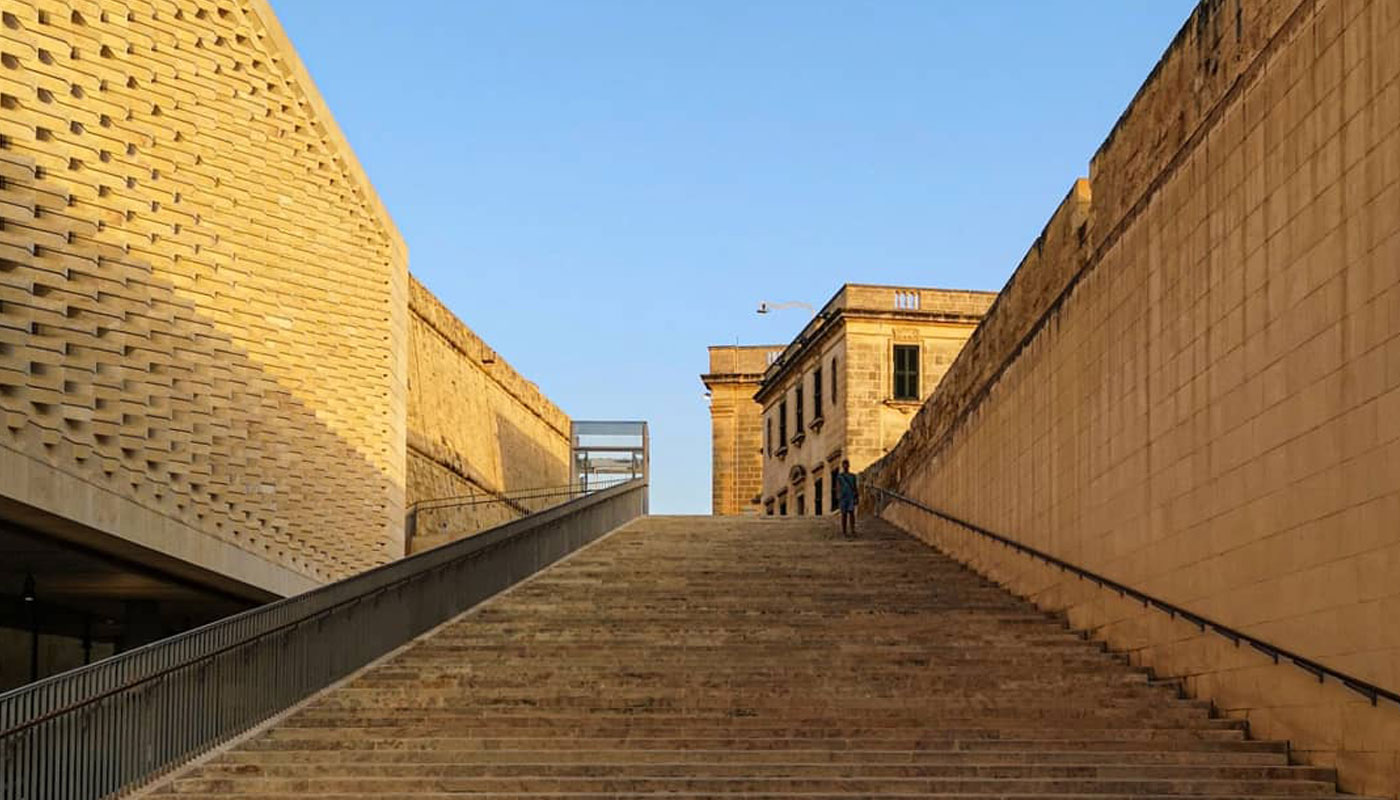
Malta looks into Security Token Offerings
MFSA, the Malta Financial Services Authority, seeks consultation to improve investor protection within Security Token Offerings.
To maintain high standards for market integrity and investor protection, the Malta Financial Services Authority (MFSA) issued a consultation document for their Security Token Offering Policy. They aim to achieve a more efficient framework for businesses and entrepreneurs to raise capital and expand their businesses. Their ultimate goal is to enhance capital markets by establishing legal certainty for security token offerings (STOs) in the financial sector of Malta.
To further improve legal certainty, the MFSA is proposing to initially introduce the framework for ‘traditional STOs’ (such as shares and bonds). As for Tokens, they suggest that further analysis of the risks and challenges is needed. Nevertheless, the authority acknowledges that with the use of the new technology Capital Markets are likely to:
- Enhance in transparency,
- Reduce settlement & intermediary risk,
- Improve investors’ engagement with the businesses in which they invest, and
- Generate innovative types of securities to enhance investors’ and issuers’ needs.
Trading on Secondary Markets in Malta
For issuance, trading and exchanges of STOs, the market structure of trading venues employing DLT can either be centralised or decentralised. The difference between the two exchange systems lay within the interaction of market stakeholders.
As for centralised exchange systems transactions are carried out with the help of third parties. Stakeholders can issue, trade and exchange their assets through the third party, which then remains in control of the access key for the investors’ assets. A minority of centralised exchange systems offer their stakeholders to own and manage their keys themselves.
In a decentralised exchange system, the stakeholders/users connect to each other and security of their assets is provided by a shared ledger of which everyone has the same copy. Here, assets are traded peer-to-peer, and for each new transaction, the ledger is being updated following a consensus. The users themselves keep the keys for their assets.
The MFSA recommends that in a decentralised exchange system an intermediary (qualified with the MiFID II licence) needs to admission the users and provide them direct electronic access for the DLT, ultimately allowing stakeholders to make secure investments and trades.




